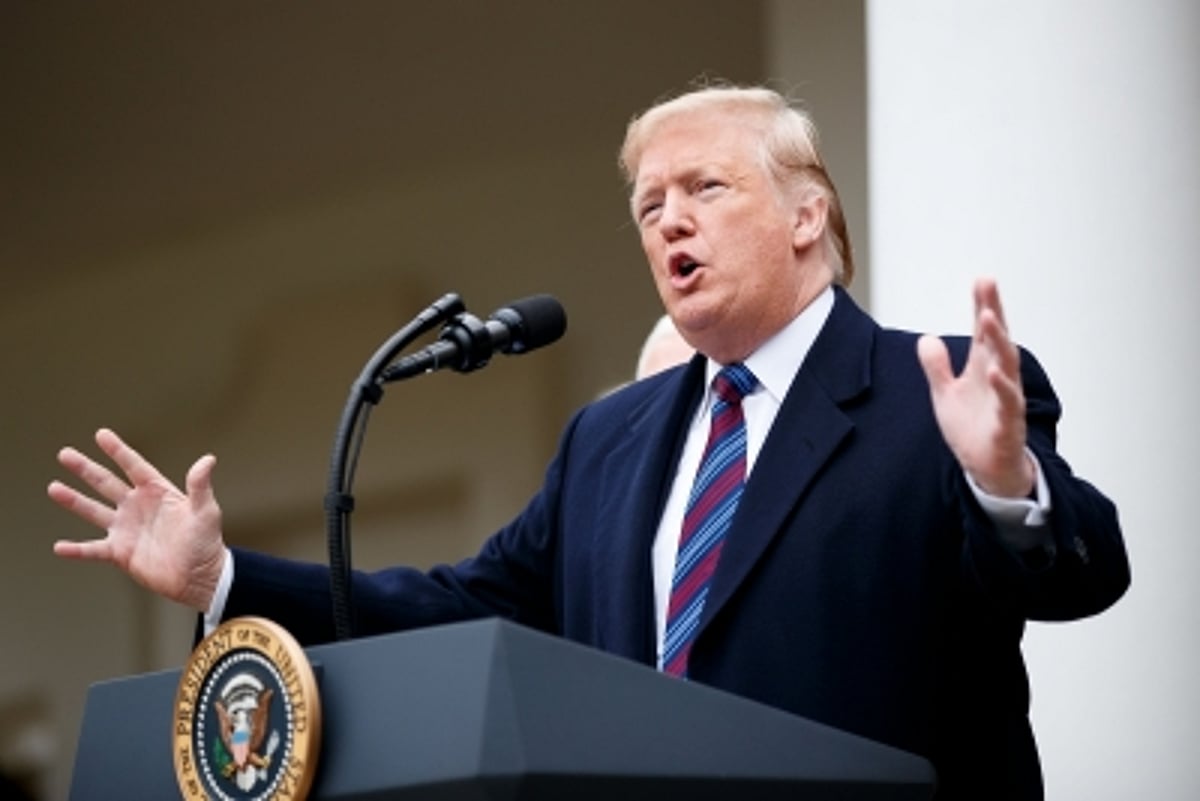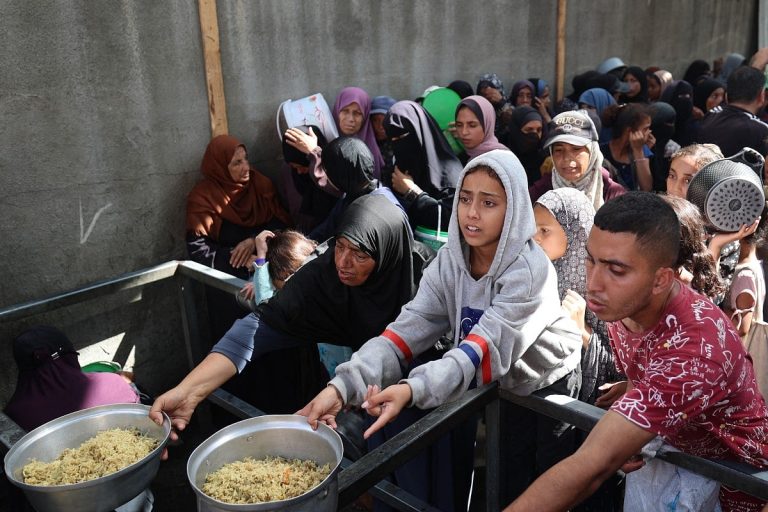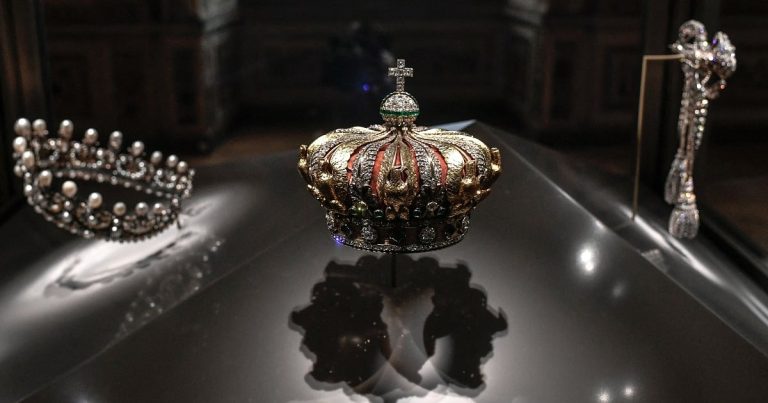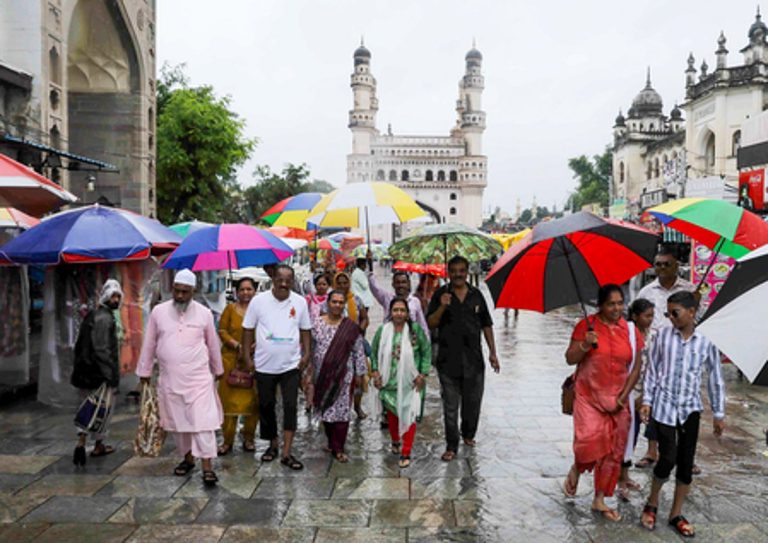Trump Claims to Resolve Eight Conflicts via Trade
In a recent meeting with Australian Prime Minister Anthony Albanese, President Donald Trump made bold assertions about his foreign policy achievements, claiming to have settled eight conflicts in just eight months. He emphasized that five of these resolutions were achieved through the strategic use of tariffs and trade negotiations. This statement has sparked discussions about the effectiveness of trade as a tool for diplomatic resolution.
Claims of Conflict Resolution
During their meeting at the Oval Office, where both leaders signed a significant agreement on critical minerals and defense cooperation, Trump expressed pride in his diplomatic efforts. He stated, “I have settled eight wars in eight months. Not bad. I have one more to go,” referring specifically to the ongoing conflict between Ukraine and Russia. Trump characterized this situation as particularly challenging due to the deep animosity between the two leaders involved.
He elaborated on his approach, saying, “We have become a nation that used the power of tariffs and the power of trade to settle five of the eight wars that I settled.” This assertion raises questions about the nature of these conflicts and the extent to which trade negotiations can truly bring about peace.
The Ukraine-Russia Conflict
When discussing the Ukraine-Russia situation, Trump acknowledged the complexity of the conflict. He remarked on Ukraine’s potential to win but tempered his optimism by stating, “I don’t think they will, but they could still win it. I never said that they would win it.” His comments reflect the unpredictable nature of warfare and the challenges of forecasting outcomes in such volatile situations.
Averting India-Pakistan Tensions
In a separate interview with Fox News, Trump claimed that his administration played a crucial role in preventing a potential war between India and Pakistan. He attributed this success to the threat of imposing heavy tariffs, which he argued helped de-escalate tensions between the two nuclear-armed nations. Trump stated, “The threat of tariffs, as an example, kept India and Pakistan – two nuclear nations – from going at it.” This claim highlights his belief in the power of economic pressure as a diplomatic tool.
The Broader Implications
Trump’s assertions about settling conflicts through trade and tariffs have sparked debate among political analysts and foreign policy experts. While some may view his approach as innovative, others question the long-term effectiveness of using economic measures to resolve deeply rooted geopolitical issues. The implications of such strategies could shape future U.S. foreign policy and international relations.
FAQs
What wars does Trump claim to have settled?
Trump claims to have settled eight conflicts, with five resolved through tariffs and trade negotiations. The specifics of these conflicts have not been detailed.
How does Trump view the Ukraine-Russia conflict?
Trump believes that Ukraine has a chance to win the conflict against Russia, although he expresses skepticism about the likelihood of that outcome.
What role did tariffs play in the India-Pakistan situation?
Trump asserts that the threat of tariffs helped prevent a potential war between India and Pakistan, which he described as being on the brink of nuclear conflict.
Conclusion
President Trump’s claims about resolving multiple conflicts through trade and tariffs highlight his unconventional approach to foreign policy. While these assertions may be met with skepticism, they reflect a broader strategy that prioritizes economic leverage in diplomatic relations. As the situation evolves, the effectiveness of these methods will continue to be scrutinized by both supporters and critics.
The use of trade as a diplomatic tool has a long history, with varying degrees of success. Economic sanctions and tariffs have often been employed to exert pressure on nations, aiming to influence their behavior without resorting to military action. However, the effectiveness of such measures can depend on numerous factors, including the resilience of the targeted economy and the willingness of both parties to engage in dialogue.
Critics of Trump’s approach argue that while tariffs may provide short-term leverage, they can also lead to retaliatory measures that escalate tensions rather than resolve them. Additionally, the complexities of international relations often require multifaceted strategies that go beyond economic considerations, incorporating diplomatic, cultural, and historical contexts. As the global landscape continues to evolve, the long-term impact of trade-based conflict resolution remains a topic of significant interest among policymakers and scholars alike.
Also Read:
Khamenei Rejects Trump’s Claims on Iran’s Nuclear Sites







